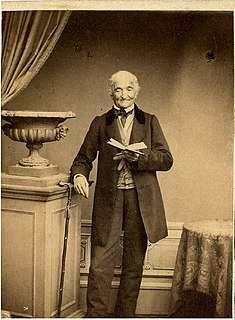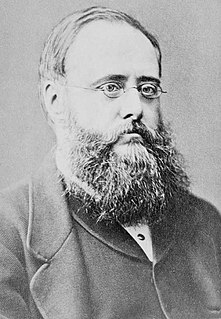A Quote by Jean Antoine Petit-Senn
Conscience serves us especially to judge of the actions of others.
Quote Topics
Related Quotes
To the extent that our experience of suffering reminds us of what everyone else also endures, it serves as a powerful inspiration to practice compassion and avoid causing others pain. And to the extent that suffering awakens our empathy and causes us to connect with others, it serves as the basis of compassion and love.
The quality of everything we do: our physical actions, our verbal actions, and even our mental actions, depends on our motivation. That's why it's important for us to examine our motivation in our day to day life. If we cultivate respect for others and our motivation is sincere, if we develop a genuine concern for others’ well-being, then all our actions will be positive.
Most people use two totally different sets of criteria for judging themselves versus others. We tend to judge others according to their actions. It's very cut-and-dried. However, we judge ourselves by our intentions. Even if we do the wrong thing, if we believe our motives were good, we let ourselves off the hook. And we are often willing to do that over and over before requiring ourselves to change.
The calamities of tragedy do not simply happen, nor are they sent; they proceed mainly from actions, and those the actions of men.We see a number of human beings placed in certain circumstances; and we see, arising from the co-operation of their characters in these circumstances, certain actions. These actions beget others, and these others beget others again, until this series of inter-connected deeds leads by an apparently inevitable sequence to a catastrophe.
Meditation is the art of awareness. And once you are aware, out of your awareness your actions will arise - not out of conscience. Conscience is cultivated by others, by the vested interests, by the establishment. Consciousness is yours. It is individual, it is not collective. Conscience is part of the mob psychology. Consciousness gives you dignity because it gives you individuality. It gives you rebellion, it makes you capable of saying yes or no of your own accord. There is no foreign agency manipulating you in the name of religion, morality, etcetera.






































